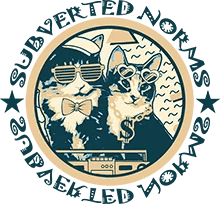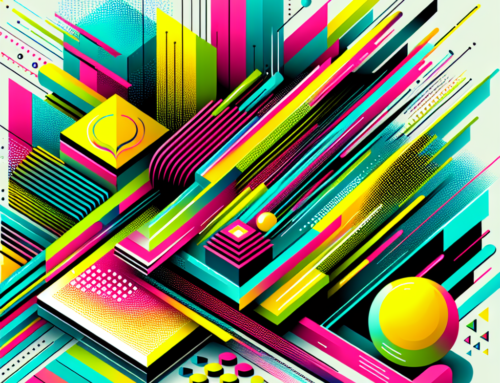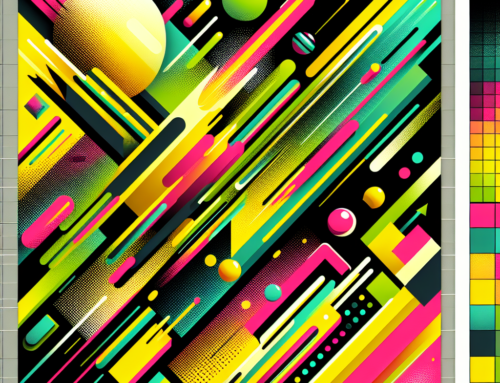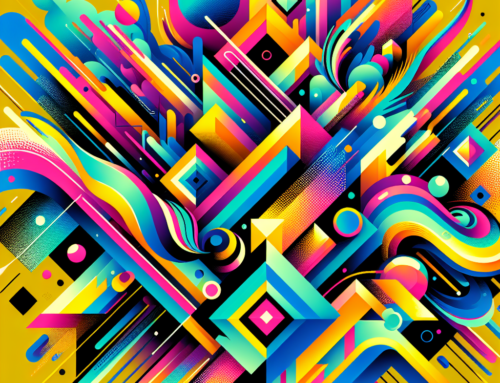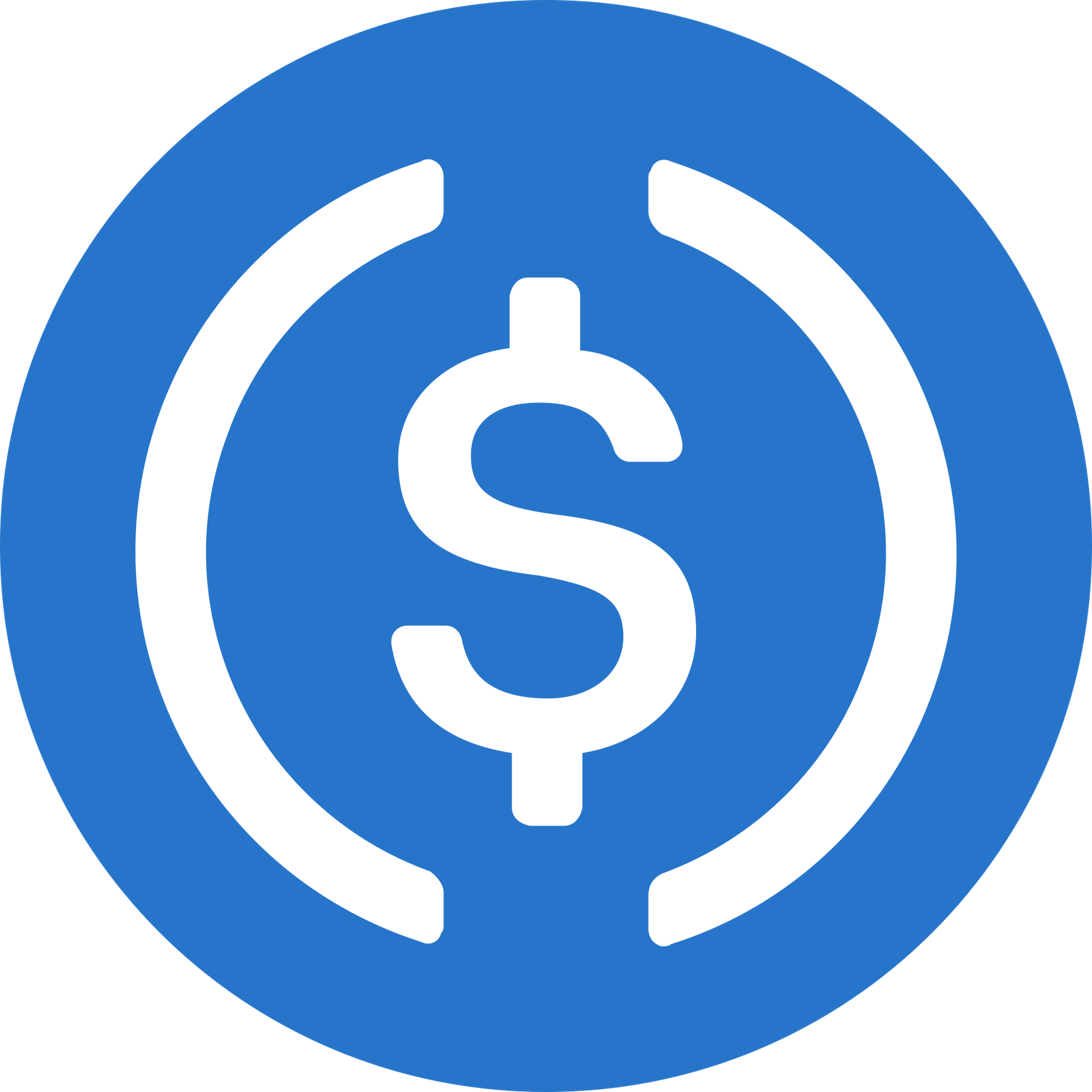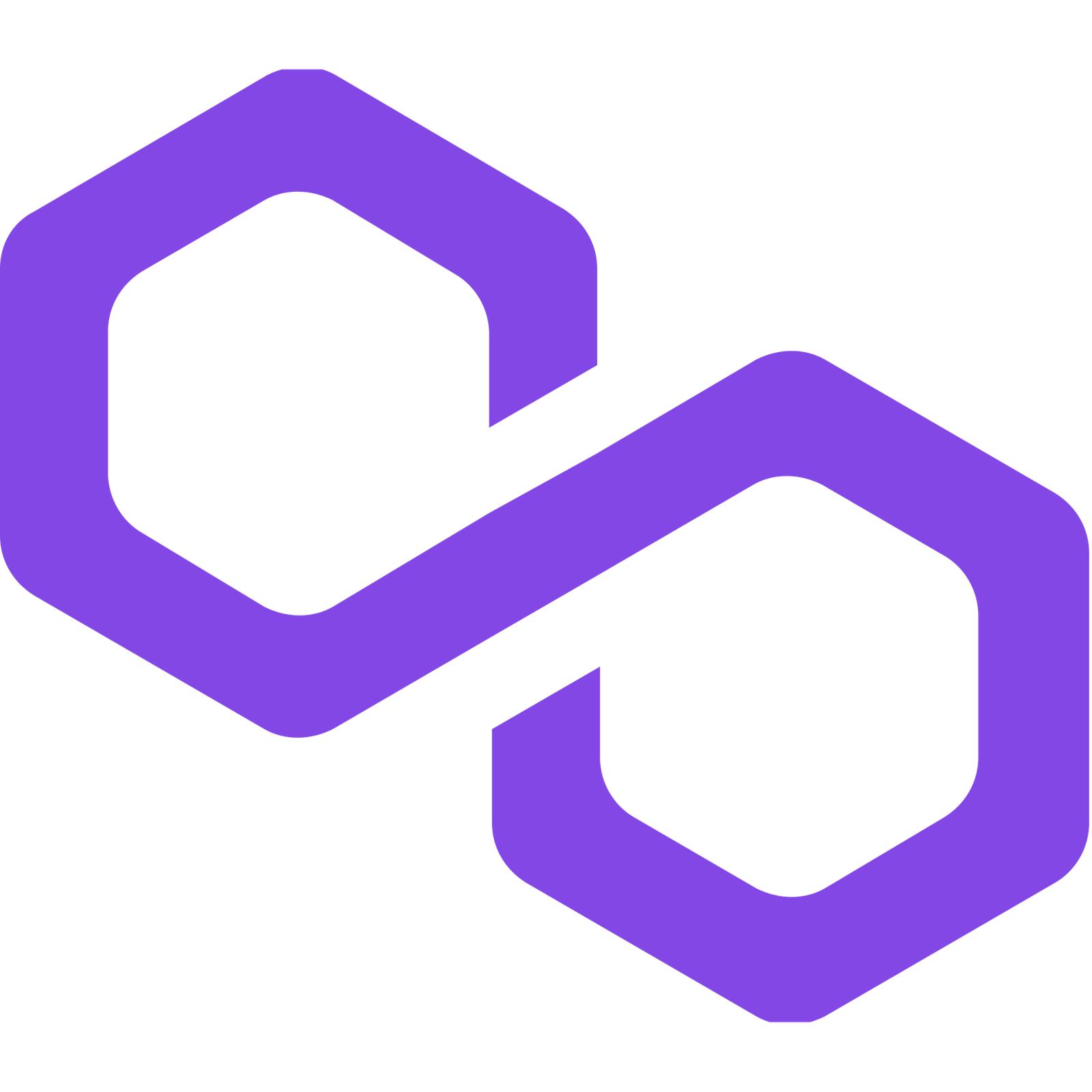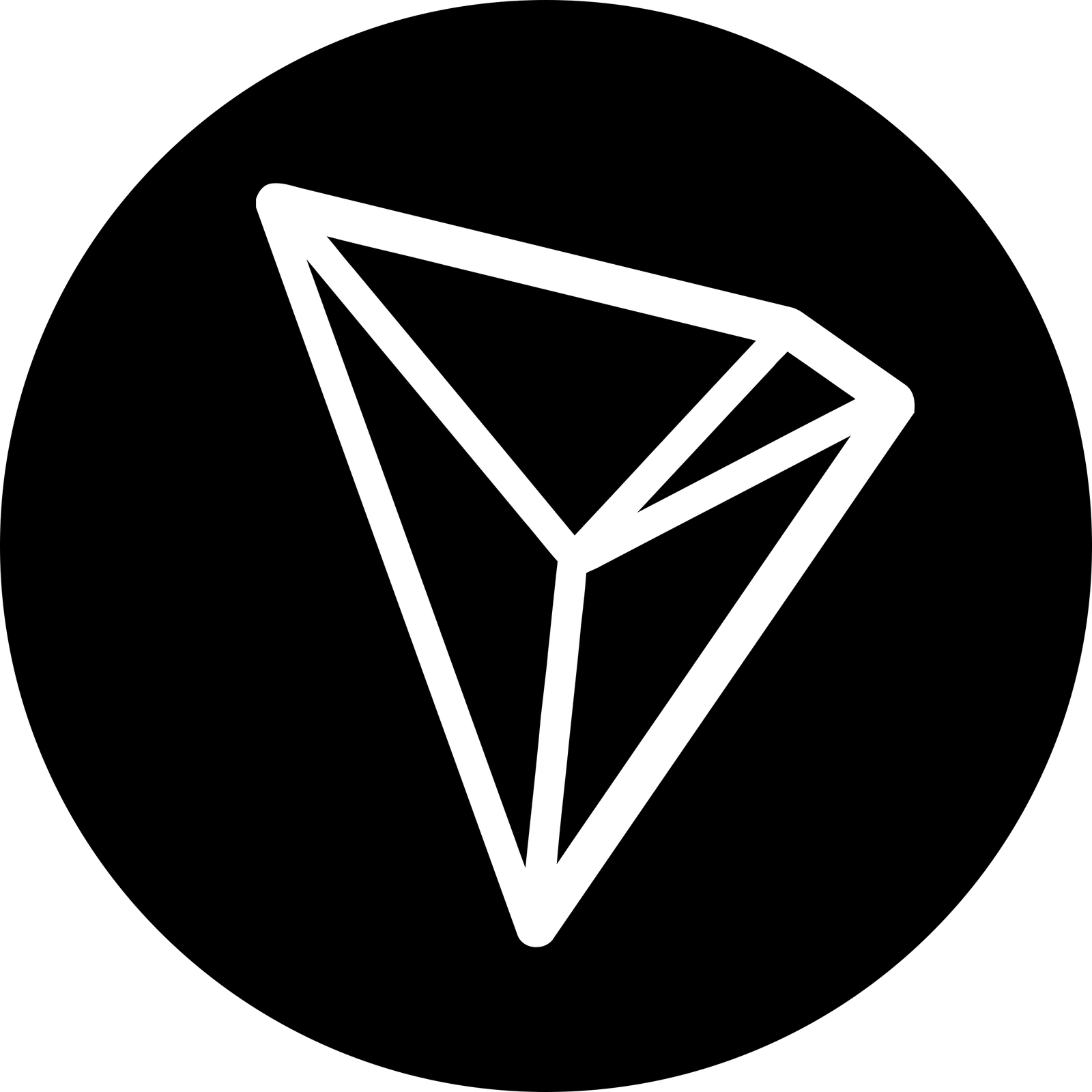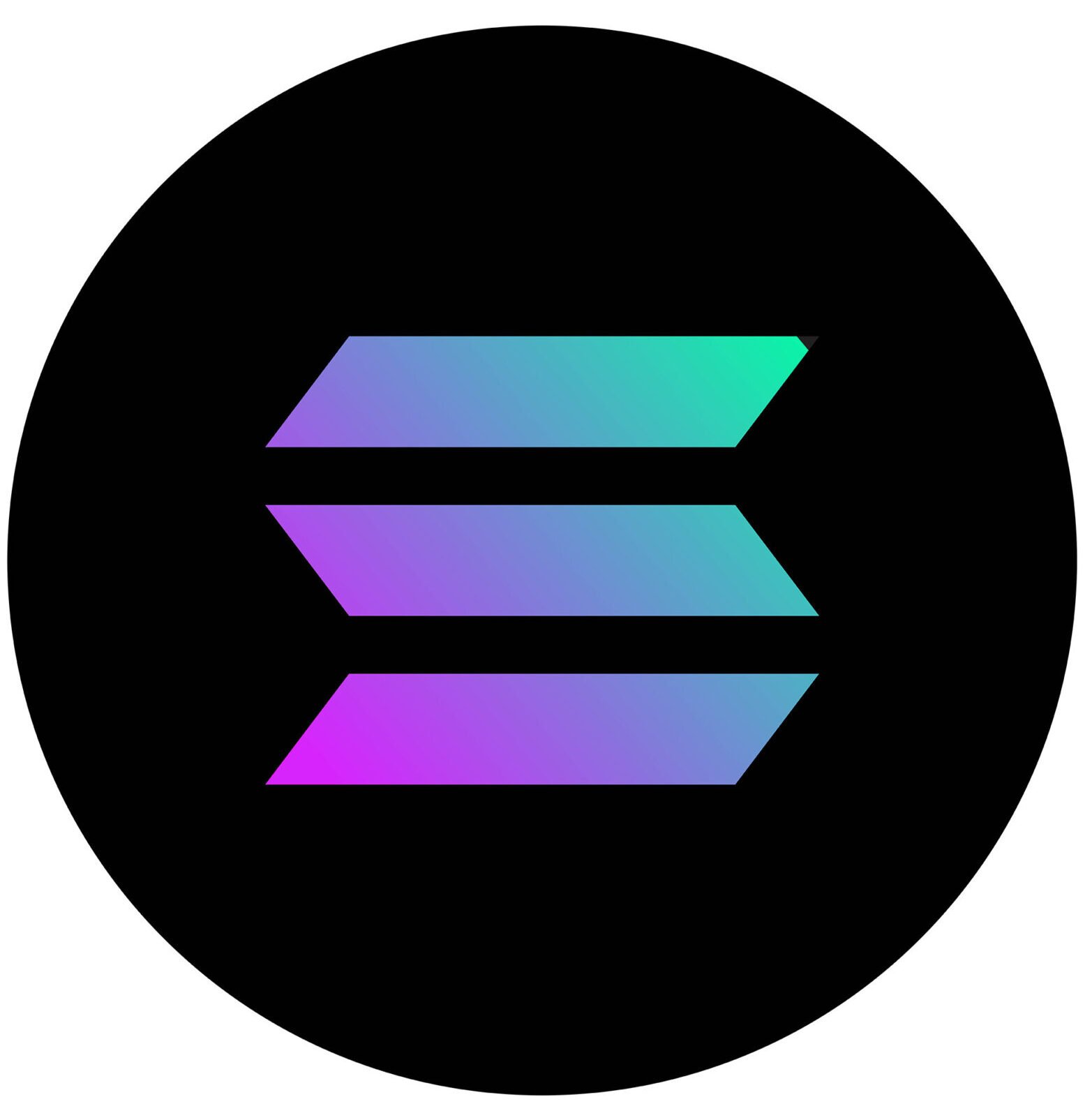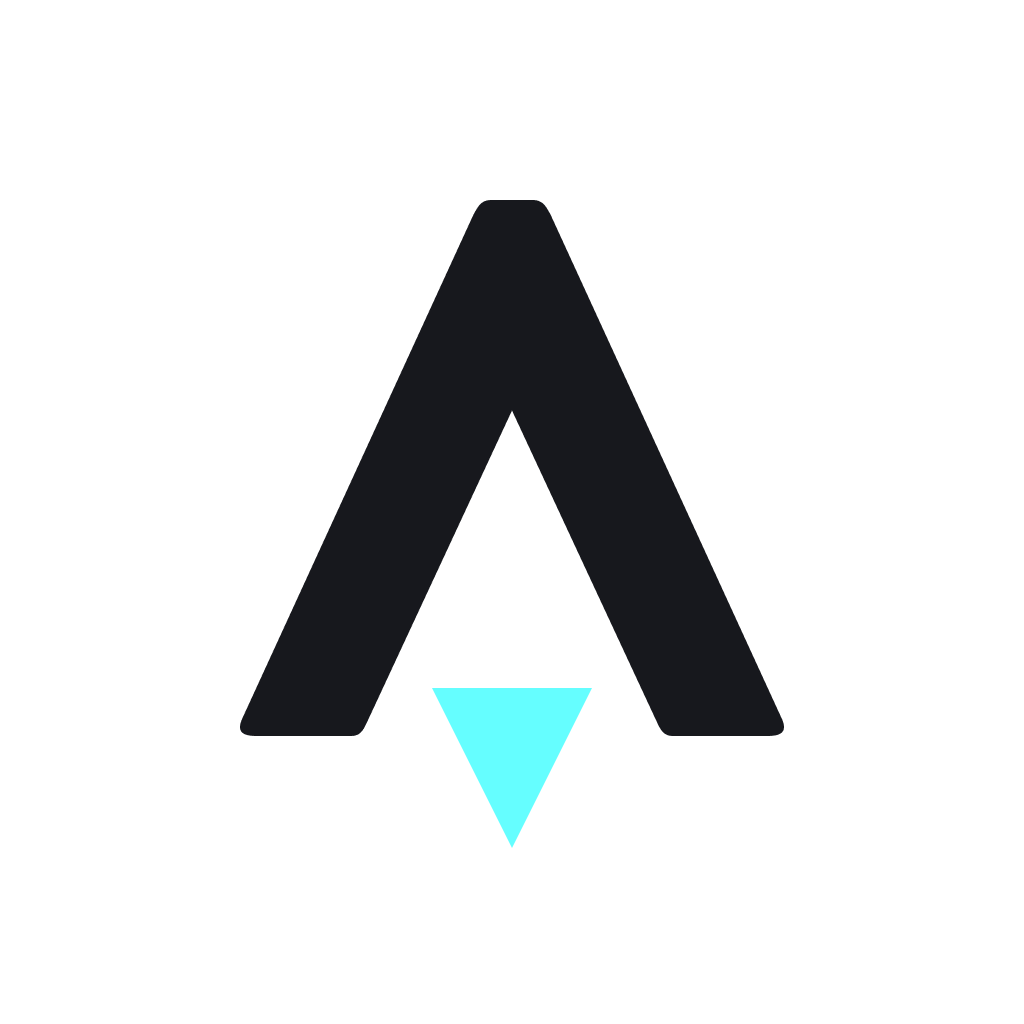Unlocking Fun: The Rise of NFT Gaming Explained
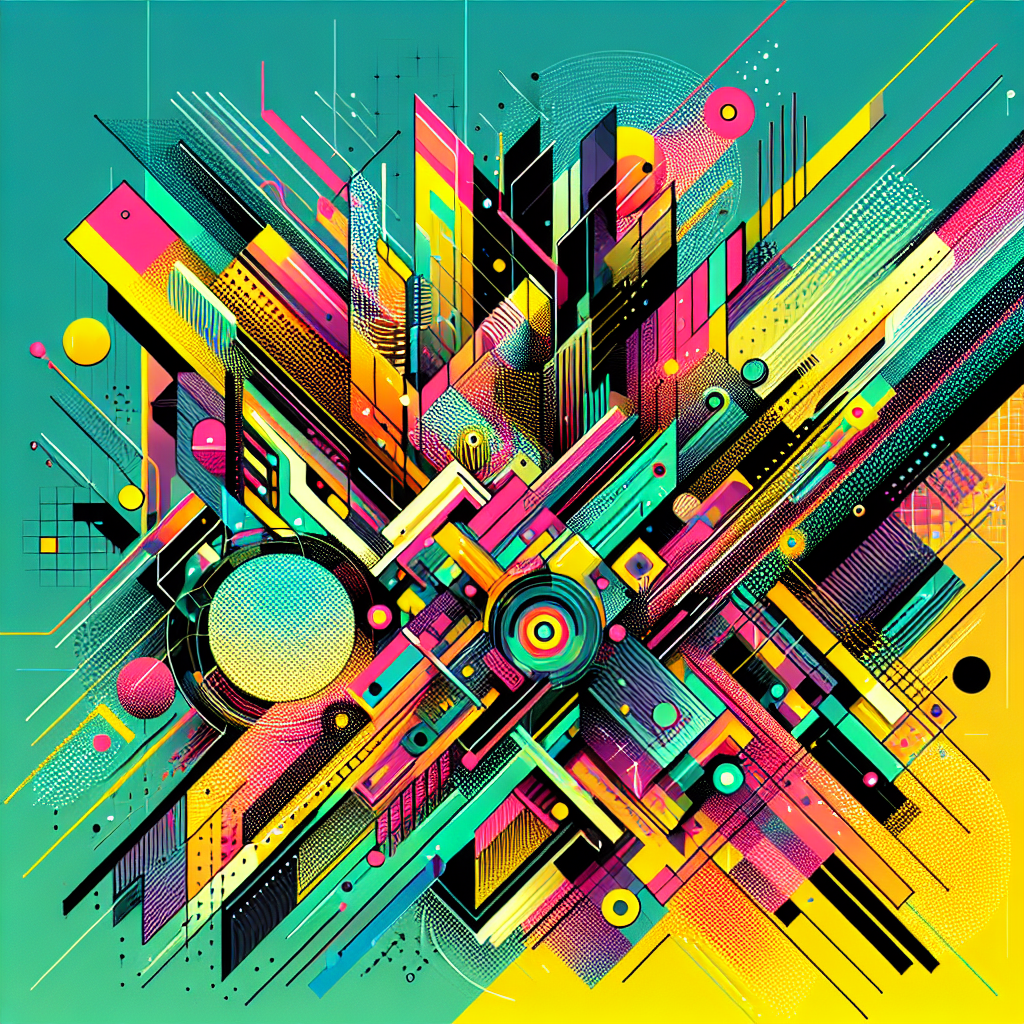
Unlocking Fun: The Rise of NFT Gaming Explained
The digital landscape is undergoing a seismic shift, with Web3 technologies paving the way for deeper engagement and new economic models across various sectors, particularly in gaming. As gaming takes center stage in the Web3 revolution, innovations in blockchain, cryptocurrency, and decentralized platforms are not just enhancing how games are played but are fundamentally reshaping the entire gaming economy.
The Convergence of Technology and Fun
Blockchain technology forms the backbone of the Web3 ecosystem, providing transparent and secure frameworks for managing digital assets. This paradigm shift has opened the door for Non-Fungible Tokens (NFTs) to become central players in gaming. NFTs, unique cryptographic tokens representing ownership of digital items, enable players to truly own their in-game assets, shifting the balances of power from developers to gamers. With platforms like Axie Infinity leading the charge, players can earn, trade, and invest in their digital assets, making gaming not just a pastime but a viable economic activity.
Research by CoinTelegraph’s Blockchain Insights outlines that the NFT gaming market has exploded, fueled by interest from both gamers and investors. What once seemed like a niche market has expanded into a multi-billion dollar industry. Decentralized finance (DeFi) mechanisms like staking and liquidity pools enable players to earn passive income—adding layers of strategy and engagement similar to traditional financial markets.
Mainstream Adoption: Gaming’s New Frontier
As Web3 technologies gain traction, their integration into mainstream industries is becoming increasingly apparent. Major companies are betting big on blockchain—Ubisoft, Electronic Arts, and others are exploring NFTs and decentralized models to enhance user engagement. Decentralized platforms like The Sandbox offer virtual environments where players can create, own, and monetize their gaming experiences, fundamentally altering the business models of traditional gaming.
Projects like Aavegotchi combine gaming with DeFi, allowing players to mint and trade their own digital characters while earning rewards for their participation. This intersection of gaming and finance is not just an experiment; it’s quickly becoming a staple within the industry, suggesting a broader cultural shift where play is aligned closely with financial incentives.
DAOs: The Future of Governance in Gaming
The rise of Decentralized Autonomous Organizations (DAOs) is another layer in the transformation of the gaming landscape. DAOs empower communities to govern themselves, allowing players to collectively make decisions about game development, asset management, and revenue sharing. Platforms like DAOstack showcase how these structures enable players to wield power typically reserved for shareholders in traditional companies.
With DAOs, the traditional model of game development is shifting. Instead of a centralized authority dictating game direction, the community now plays an instrumental role in shaping their gaming environment. This shift not only enhances player engagement but also fosters a sense of belonging and ownership within gaming communities.
Imagining the Future Digital Experience
Looking ahead, the potential for further evolution in Web3 is vast. Emerging technologies like artificial intelligence (AI) and virtual/augmented reality (VR/AR) are poised to create even more immersive experiences within the metaverse. The lines between gaming, social interaction, and commerce will continue to blur as gamification becomes a standard feature of digital life.
Speculative projects, like those highlighted by NFT Now and Decrypt, signal a future where digital experiences are not just games, but entire social ecosystems. Imagine a virtual universe where creators, gamers, and consumers interact seamlessly, co-creating content and monetizing their contributions in real-time.
The Bigger Picture: Global Economy and Digital Ownership
The implications of Web3 extend well beyond gaming. The democratization of digital asset ownership is reshaping our understanding of value in the digital economy. As blockchain technologies continue to disrupt various sectors—including finance, art, and beyond—individuals are empowered to realize direct financial benefits from their creative outputs and active participation in digital communities.
The trend of NFTs has already begun to influence the art world, allowing artists to monetize their work directly and game developers to explore new income streams. This shift not only empowers creators but encourages a more equitable digital economy. As we evolve, global economies may well undergo transformative changes driven by these decentralized technologies.
Your Invitation to Engage with Web3
In this fast-paced world of technological advancements, staying informed and engaging with new platforms is vital. As the Web3 ecosystem grows, opportunities abound for innovative thinkers and creators. The empowerment of the individual through blockchain and decentralized platforms is not merely a trend; it signifies a fundamental shift toward an inclusive digital economy and cultural landscape.
Encouraging readers to dive into this evolving ecosystem, explore platforms like CoinDesk and The Block for the latest updates, and participate in the burgeoning world of NFTs and gaming will unlock new potentials—both for personal enjoyment and economic benefit. As we continue to unlock the fun offered by these technologies, the future of digital experiences promises to be both fascinating and indispensable.
In this rapidly changing landscape, the only limit is our imagination. Stay curious, stay informed, and prepare to embrace the evolving world of Web3!

